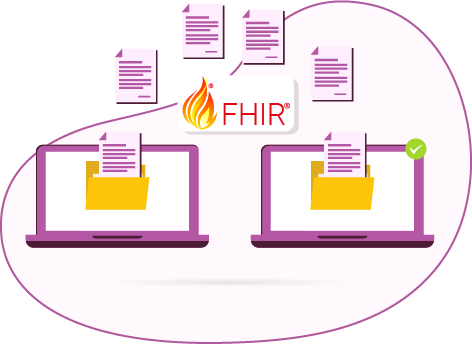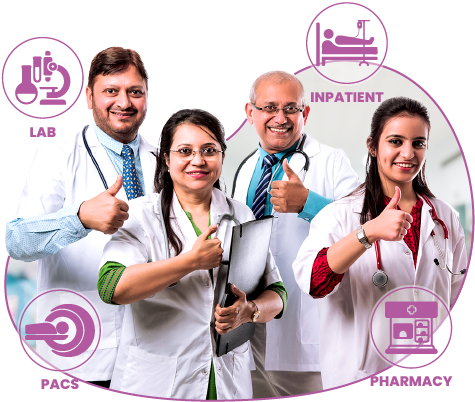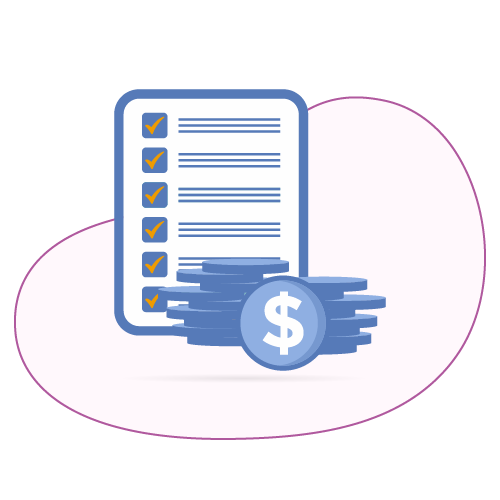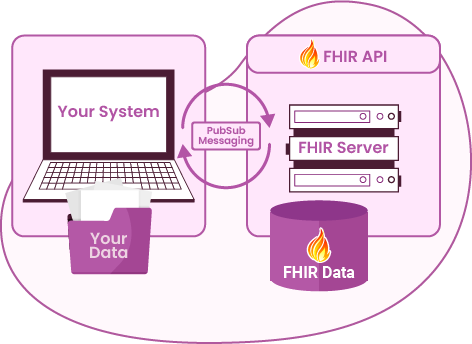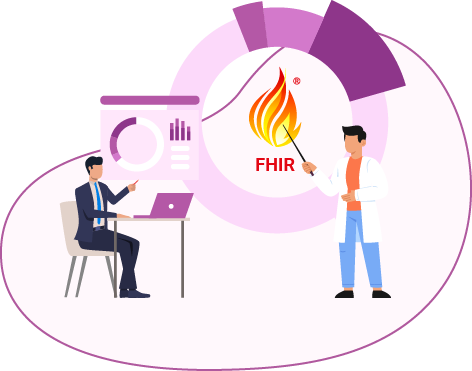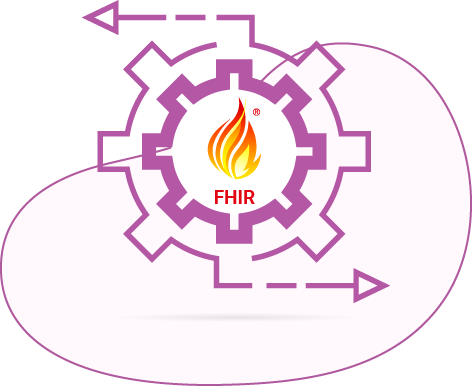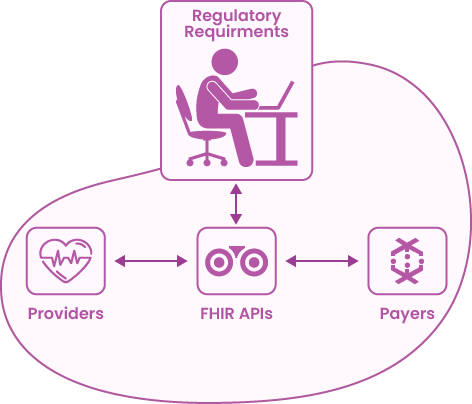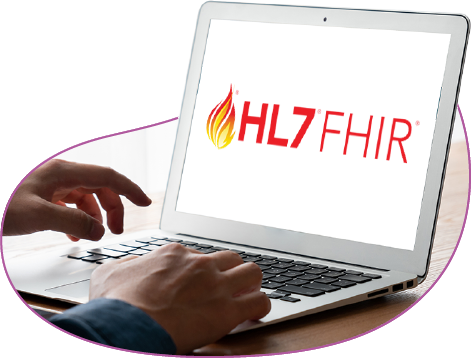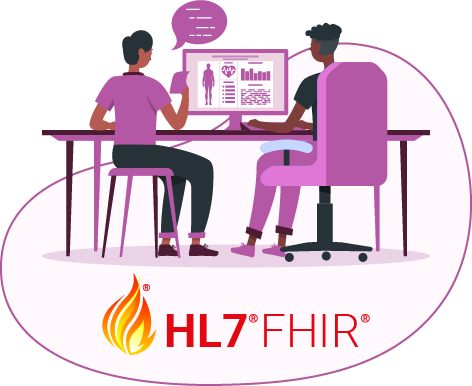HL7 (Health Level Seven) |
| Messaging standard for exchanging clinical and administrative data. |
| XML-based standard for more complex healthcare data exchange. |
| Modern and flexible standard using RESTful APIs for healthcare data exchange. |
DICOM (Digital Imaging and Communications in Medicine) | Standard for the communication and management of medical imaging information. |
CDA (Clinical Document Architecture) | Standard for the exchange of clinical documents, ensuring structured and interoperable data. |
IHE (Integrating the Healthcare Enterprise) | Framework promoting the use of established standards to improve interoperability. |
CCDA (Consolidated Clinical Document Architecture) | Standard for the electronic exchange of clinical healthcare documents. |
SNOMED CT (Systematized Nomenclature of Medicine – Clinical Terms) | Comprehensive clinical terminology for precise representation of healthcare concepts. |
LOINC (Logical Observation Identifiers Names and Codes) | Standard for identifying health measurements, observations, and documents. |
CPT (Current Procedural Terminology) | Standard code set for medical procedures and services. |
ICD-10 (International Classification of Diseases, 10th Edition) | Standard for coding diseases, conditions, and related health problems. |
NCPDP (National Council for Prescription Drug Programs) | Standard for electronic prescriptions and pharmacy-related transactions. |
Direct Project | Secure email protocols for healthcare information exchange. |
OAuth 2.0 and OpenID Connect | Authentication and authorization standards for secure access to healthcare data. |
SMART on FHIR | Profile of FHIR that enables the development of healthcare applications with standardized APIs. |
XDS (Cross-Enterprise Document Sharing) | Integrates electronic health records across different healthcare enterprises. |
IHE XDS-I.b (Cross-Enterprise Document Sharing for Imaging) | Extension of XDS for the sharing of medical imaging documents. |
